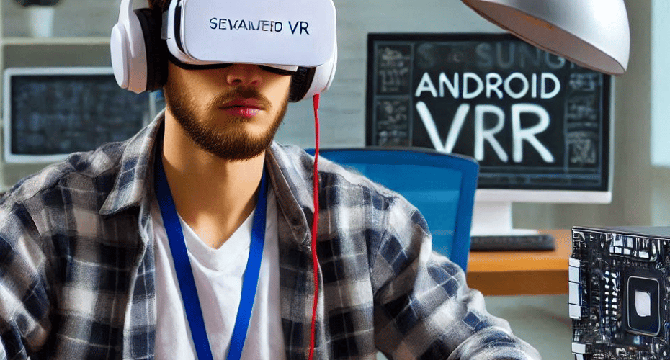Dev
1w
144

Image Credit: Dev
Introduction to Android XR
- Android XR is a platform that supports Augmented Reality, Virtual Reality, and Mixed Reality experiences on Android devices.
- Android XR has specialized hardware requirements such as sensors, displays, and processors to handle complex 3D environments and spatial interactions.
- The Android XR software stack consists of the Android OS and XR runtimes and also includes tools, APIs, frameworks, and SDKs to make application development easier.
- Google's ARCore SDK is an important part of Android XR and provides developers tools to create more realistic AR experiences.
- Developers can use popular game development engines such as Unity and Unreal Engine for making XR games.
- Challenges in XR game development includes hardware limitations, achieving high performance and latency, and designing intuitive user interfaces for the 3D space.
- The future of Android XR and game development is bright, and newer technologies such as hand-tracking, full-body avatars, eye-tracking, and mixed reality will make experiences more engaging, realistic, and accessible to users worldwide.
- Developers must follow best practices for performance and usability, and optimize their games for different devices, while accounting for device differences in processing power, sensors, and displays.
- Cloud-gaming will increase the accessibility of developer's games to a wider audience.
- Proper knowledge and tools allow developers to create immersive gaming experiences that were not feasible otherwise on traditional mobile devices.
Read Full Article
8 Likes
For uninterrupted reading, download the app